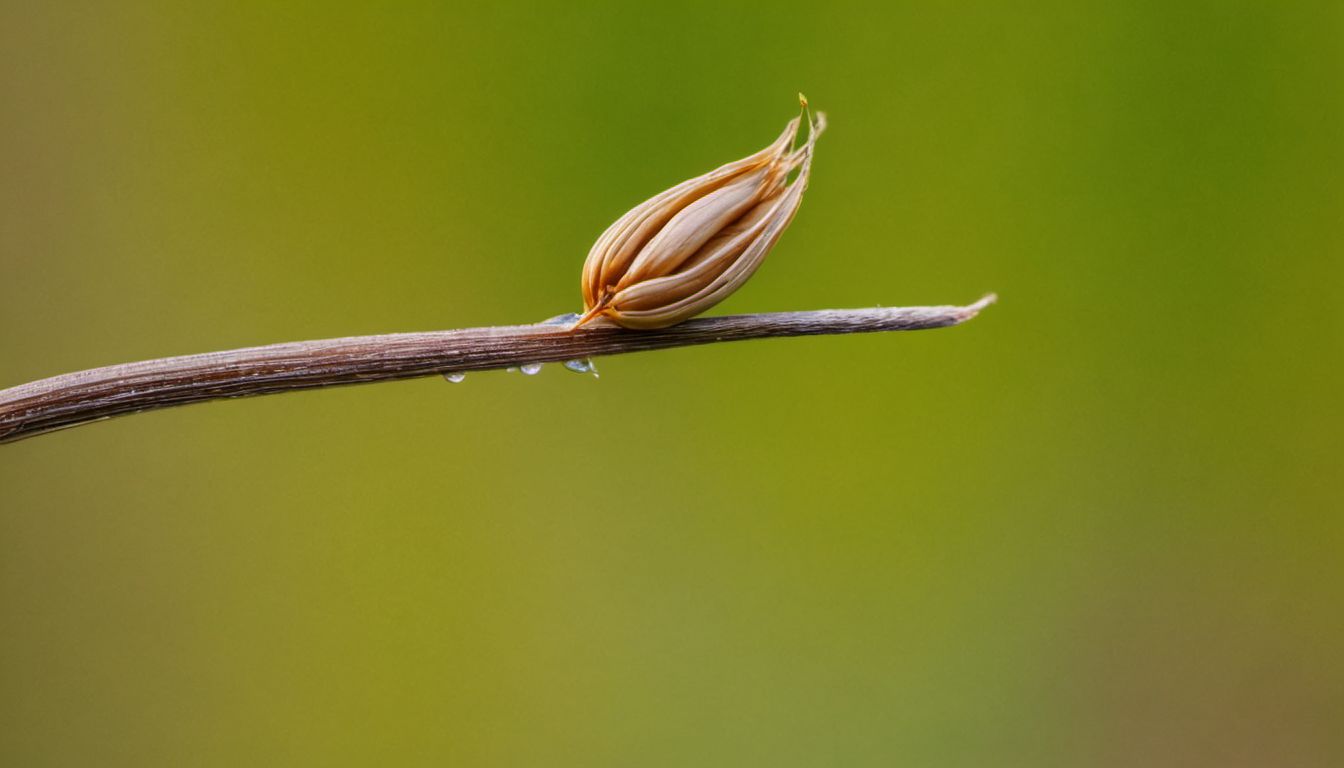5 Types of Traditional Games Using Seeds
31-05-2022
https://ruangmainan.com - Generally, children nowadays are more familiar with games that use advanced technology, such as robots or gadgets.
This is very different from the games of the past. In the past, children played traditional games using natural or recycled materials.
One of the most commonly used natural materials is seeds. There are several games that use seeds as a playing medium.
Do you know what the names of those games are? If not, let's find out through the discussion below.
1. Serak Biji Saga
This game of serak biji saga is also less known about its origins, but it was once popular around the 1970s.
This game is considered very simple but requires agility. In the past, this game used saga fruit seeds, but now you can replace them with pebbles or beads.
Before the game starts, all players will discuss to determine the player's turn. Each child who will play will be given some seeds.
Then, the player will spread saga seeds on the playing area with a smooth surface. After that, they will flick one of the saga seeds with the pinkie finger to hit another targeted saga seed.
If it hits the target, the flicked seed and the seed that is touched or displaced due to the flick can become the player's possession.
After that, the game continues in turn with the other players. The winner is the one who manages to collect the most saga seeds.
There are two ways to play this game, individually or in groups. The game result is considered invalid if the finger touches one of the seeds.
2. Adu Muncang
Adu muncang or adu kemiri is a traditional game popular in Sundanese, especially in the regions of Garut, Semedang, Tasikmalaya, and nearby areas.
This game is very easy to play, by stacking two muncang (kemiri) and clamping them with several bamboo slats.
Usually, the kemiri used is dried kemiri with its skin, not kemiri that has become a kitchen spice.
Then, if one of the muncang breaks after being clamped, that muncang (kemiri) is declared the loser.
In general, many children first soak the muncang in vinegar. The goal is to make it stronger and not easily break.
3. Adu Cilong
Adu cilong is one of the traditional games that use rubber tree seeds (cilong seeds) and comes from the Riau region.
How to play this game is very easy, you just pick up some rubber seeds that have fallen around the tree.
Then, choose one rubber seed that you think has the strongest and hardest skin. Don't forget to invite one friend to play together.
Next, all players will determine who will start the game first, either by drawing lots or by hompimpah.
The player who loses the draw must accept that their cilong is at the bottom of the starting player. Then, the winning player puts their cilong on top of the loser's cilong.
Then the two cilong will be hit by hand until the opponent's cilong breaks. If it doesn't break, the game continues alternately with the opponent's cilong.
So on until one of the player's cilong breaks. Then the owner of the unbroken cilong is considered the winner.
4. Adu Klingsi or Klingsian
Adu klingsi or klingsian is one of the traditional games that was very popular in the 1970s - 1980s and uses klingsi or tamarind seeds as its main tool.
To play this game, the players will sharpen the seeds on a rough surface until half or until the inside is visible.
Then the seeds are tried to stick to pieces of glass/ceramic using several methods.
Starting with using cooked tapioca flour, tree sap, or egg whites, which certainly should not use glue.
Then the klingsi, which is considered to stick, will be placed parallel to the opponent's klingsi.
After a while, the owner of the klingsi that has stuck the longest is considered the winner.
5. Sumbar Suru
Sumbar Suru is a traditional game from Yogyakarta. The word "Sumbar" means to spread, while "Suru" means to scoop.
The materials needed to play this game are small teak leaves, along with small teak seeds (can be replaced with tanjung seeds).
Usually, children will play it on a flat surface that is about 40 x 40 cm, followed by 2-5 players.
The way to play is quite simple, the player who gets the first turn will spread the seeds, then scoop the seeds one by one with small teak leaves without touching other seeds.
With the note that only seeds in the playing area can be scooped. In addition, players are also not allowed to shift or move from their original position.
If violating any rules, the player is considered "dead" or "failed" and must be continued by the next player.
Players who can scoop all the seeds without violating the rules are considered winners.
So that's information about traditional games that use seeds as tools or media for playing that you can try.
Let's preserve traditional games that are cultural heritage of our country by trying them together with your friends, so they don't disappear over time.